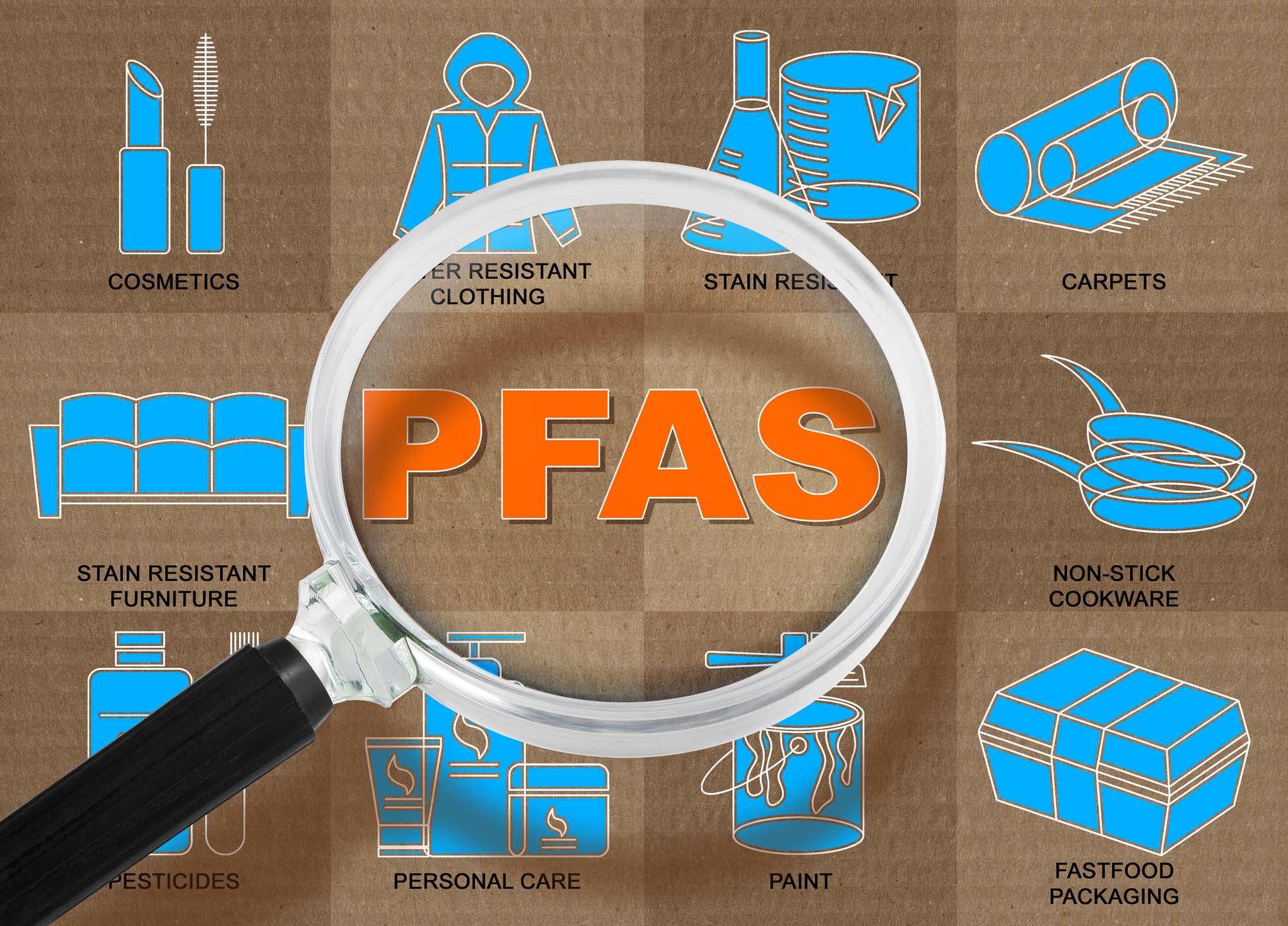
Recent years have seen a rise in the use of flavored tobacco products. According to the American Lung Association, while the smoking rate among adults has decreased from 21.6% in 2003 to 14% in 2019, almost 4.5 million youth used tobacco products in 2020. The rise in youth tobacco use can be attributed to the rise in flavored tobacco products and lawmakers across the country are looking to propose and institute various bans on flavored tobacco products. The FDA also proposed rules in April of 2022 prohibiting menthol as a characterizing flavor in cigarettes and all characterizing flavors (except tobacco) in cigars.
California
In June of 2022, Los Angeles Mayor Eric Garcetti signed a ban on flavored tobacco products. The ordinance defines “flavored tobacco product” as any tobacco product that leaves a taste or smell, except the taste or smell of tobacco, which is distinguishable by an ordinary consumer before or during the consumption of that product. Such tastes or smells include those of fruit, menthol, mint, wintergreen, chocolate, cocoa, vanilla, honey, molasses, or any candy, dessert, alcoholic beverage, herb, or spice. The city ban will take effect January 1, 2023.
Colorado
In January of 2022, Colorado lawmakers introduced HB22-1064, a ban on flavored tobacco products. Expressly, the legislation prohibits the sale, advertising, displaying, or marketing of flavored cigarettes, tobacco products, and nicotine products. The bill, which would take effect January 1, 2024, has four exceptions: premium cigars, flavored pipe tobacco, shisha tobacco products including hookahs, and flavored products sold by a cigar-tobacco bar within a licensed gaming establishment. It passed the house in May but has not progressed in the Senate as of mid-July.
Indiana
In early 2022, lawmakers in Indiana introduced legislation banning flavored tobacco products. HB 1379 would prohibit the sale of flavored tobacco products and their components, such as cigarettes, electronic cigarettes, smokeless tobacco, and tobacco products that have a characterizing flavor. A violation would result in a Class C misdemeanor and possible revoking of a person’s tobacco sales certificate. It was co-authored by bi-partisan Representatives but has not progressed out of the House Committee on Public Policy.
Minnesota
Minnesota’s 2021-22 legislative session saw two pieces of legislation banning flavored tobacco products introduced. Companion bills HF 904 and SF 1271 would prohibit the selling or offering for sale any flavored products, defined as any tobacco, tobacco-related device, electronic delivery device, or nicotine or lobelia delivery product which imparts a taste or smell (other than the taste/smell of tobacco) which is distinguishable by an ordinary consumer before or during the consumption of said product. Such tastes or smells include chocolate, cocoa, fruit, honey, menthol, mint, vanilla, wintergreen, or any candy, dessert, alcoholic beverage, herb, or spice. The bill has mostly Democratic backing so far in the House, with just two Republican sponsors, compared to twenty four Democratic sponsors, and so far, has not advanced out of the committee process. The Senate version has five Democratic sponsors and has not progressed out of the Senate’s Health and Human Services and Policy Committee.
New Jersey
In June of 2022, Garden State lawmaker Herb Conaway Jr. introduced A4430, legislation prohibiting the sale of flavored cigars. New Jersey’s existing law has a loophole that allows the sale of flavored cigars in the state because they were not included in previously enacted legislation that prohibited the sale and distribution of flavored cigarettes.
The bill defines a cigar as “any roll for smoking made wholly, in part of tobacco, or other substance or substances other than tobacco, irrespective of size, shape, or flavoring, which is wrapped or covered by a wrapper, or cover made of tobacco, or any other substance or material containing tobacco, and which may contain a mouthpiece of tip.” The legislation is currently with the Assembly Health Committee.
Latest News
Photo credit: iStock.com/Motortion In 2022, the U.S. Supreme Court decision in Dobbs v. Jackson Women's Health Organization overruled a federal constitutional guarantee of freedom to abortion. Since then, legislation concerning reproductive healthcare—including access to [...]
Photo credit: iStock.com/Francesco Scatena Recent trends across the country have seen several states introducing bills to ban certain chemicals, particularly perfluoroalkyl and polyfluoroalkyl substances (PFAS), in consumer products. According to the EPA, PFAS are persistent [...]
Photo credit: iStock.com/naturalbox The debate over raw milk legislation has intensified in 2024, with several states introducing or passing bills that address the sale and distribution of unpasteurized dairy products. Raw milk has not undergone [...]
In this episode of the Back in Session podcast, hosts Ryan Stevens and Ryan DeMara sit down with Terra McClelland, President of the State Government Affairs Council (SGAC) and Vice President of Government and External [...]






Stay In Touch